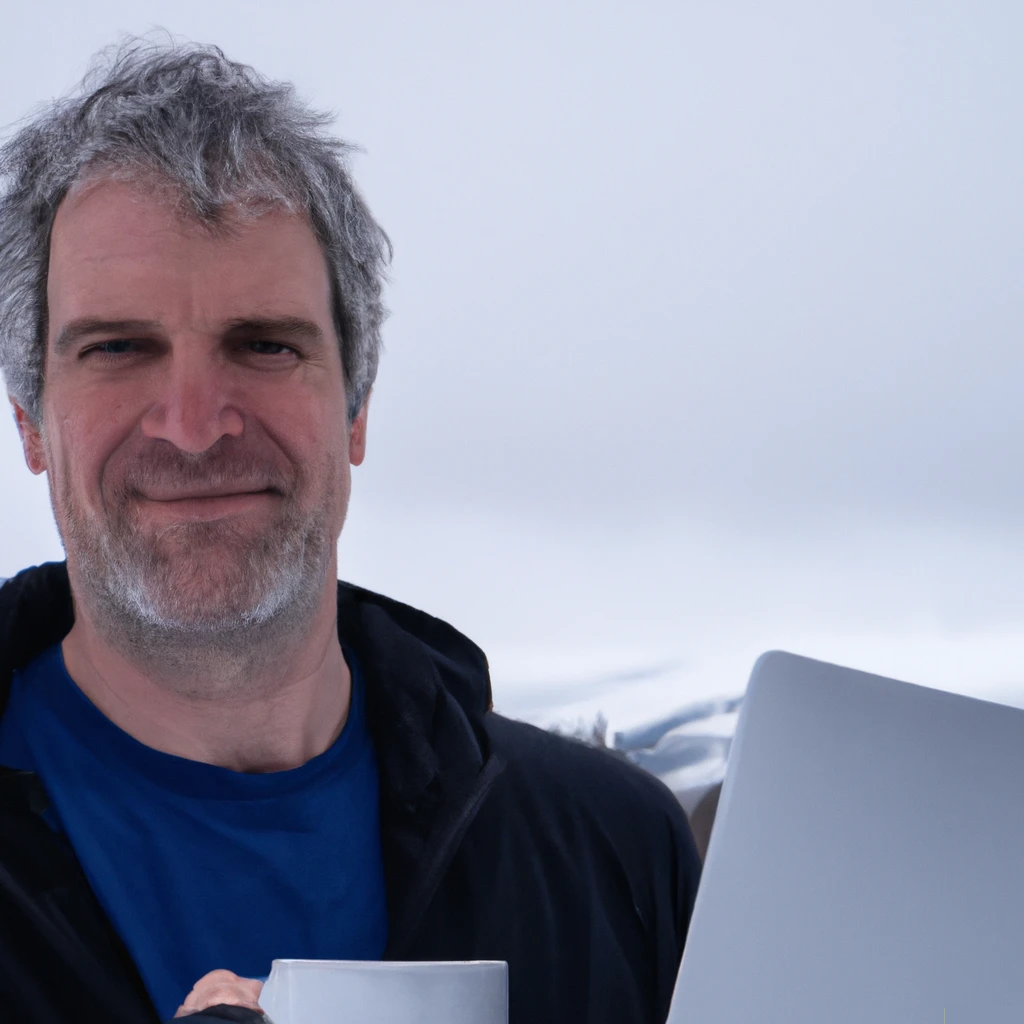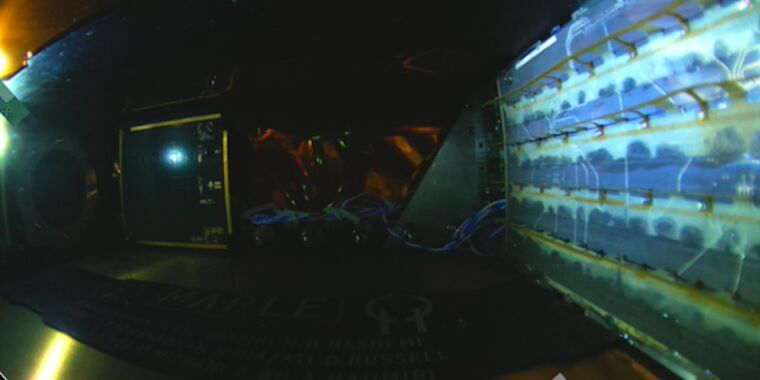New Yorker navigating the labyrinth of telecom with a knack for enterprise networking. Python and Linux aficionado, Apple devotee. Currently leveling up in the realm of DevOps. A Yankees enthusiast in my downtime 🌐🚀
- 5 Posts
- 10 Comments

 7·1 year ago
7·1 year agoWe will watch your career with great interest
Seems like someone forgot to normalize the age dimension in their OLAP cube!
Absolutely, many languages do allow negative indices. The intriguing part about PHP, though, is that its ‘arrays’ are actually ordered maps (or hash tables) under the hood. This structure allows for a broader range of keys, like our negative integers or even strings. It’s a unique design choice that sets PHP apart and allows for some really interesting usage patterns. Not your everyday array, right?

 382·1 year ago
382·1 year agoEver wondered about the
array_fillfunction? It can be baffling. Try filling an array with a negative index:array_fill(-5, 4, 'test');Many languages would throw an error, but PHP? It’s perfectly fine with this and you get an array starting at index -5. It’s like PHP is the Wild West of array indexing!

 1·1 year ago
1·1 year agoCBT Nuggets is doing great work as always. Subscriptions are quite expensive at $60/mo. but get you a ton of high quality information. You can find a lot of their content online for free as well.

 1·1 year ago
1·1 year agoI’ve been using Intermapper for years now. It has its quirks but it fits my needs.
There’s an argument to be made that by maintaining the Lightning connector, Apple can control and profit from the ecosystem of accessories that support their devices. This includes licensing fees from the Made for iPhone (MFi) program, which manufacturers must join to produce Lightning-compatible accessories. While user experience may be a consideration, Apple’s decision also likely has financial incentives.

 2·1 year ago
2·1 year agoLast year, at the International Space Development Conference, a NASA official said the agency had begun a short-term study evaluating the prospects of space-based solar power. This was the agency’s first real look at the subject in about two decades. However, that study has not been released publicly, as there were apparently some policy concerns about the first draft. The revised study may finally be released in late June or July.

 1·1 year ago
1·1 year agoSource without paywall?





Sauce?